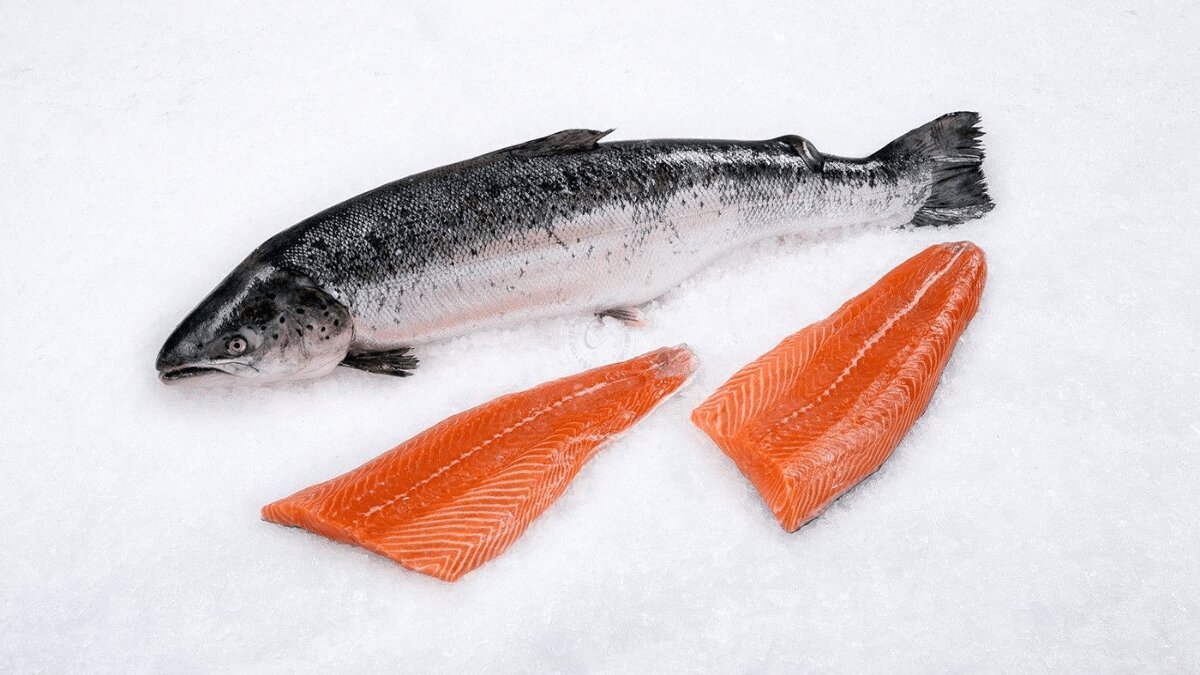Salmon is widely celebrated for its health benefits, delicious taste, and versatility in the kitchen. However, there are certain individuals who should be cautious about consuming salmon due to health concerns, dietary restrictions, or potential risks.
Here’s a detailed look at who should consider avoiding salmon and why.
1. People with Fish Allergies
Why Avoid?
- Allergic Reactions: Individuals with fish allergies can experience severe allergic reactions when consuming salmon. Symptoms may include hives, swelling, difficulty breathing, and anaphylaxis, which can be life-threatening.
Advice:
- Strict Avoidance: If you have a known fish allergy, it’s best to avoid all types of fish, including salmon, and consult with an allergist for a comprehensive management plan.
2. Individuals with High Mercury Sensitivity
Why Avoid?
- Mercury Content: While salmon generally has lower mercury levels compared to other fish like tuna or swordfish, it still contains trace amounts. Those particularly sensitive to mercury, such as pregnant women, nursing mothers, and young children, should be cautious.
Advice:
- Moderation: Pregnant and breastfeeding women, as well as young children, should limit their consumption of salmon to 2-3 servings per week to minimize mercury exposure. Always opt for wild-caught over farmed salmon, as it typically has lower mercury levels.
3. People on Certain Medications
Why Avoid?
- Medication Interactions: Certain medications, such as blood thinners (e.g., Warfarin), can interact with omega-3 fatty acids found in salmon. Omega-3s have a blood-thinning effect, which can enhance the medication’s effects and increase the risk of bleeding.
Advice:
- Consult Your Doctor: If you are taking blood thinners or other medications that might interact with omega-3 fatty acids, consult your healthcare provider to determine the appropriate amount of salmon you can safely consume.
4. Individuals with Gout
Why Avoid?
- Purine Content: Salmon contains purines, which are substances that can be broken down into uric acid in the body. High levels of uric acid can trigger gout attacks in susceptible individuals.
Advice:
- Limit Intake: People with gout should limit their intake of high-purine foods, including salmon, and consult their healthcare provider for personalized dietary advice.
5. People with Fish Bone Sensitivity
Why Avoid?
- Choking Hazard: Although rare, small fish bones can occasionally be present in salmon fillets. Individuals with a history of choking or who have difficulty swallowing should be cautious.
Advice:
- Careful Preparation: Ensure that the salmon is thoroughly deboned before consumption. Opt for fillets from reputable sources and consider using methods that make it easier to detect and remove bones, like poaching or baking.
6. Those with Ethical or Environmental Concerns
Why Avoid?
- Sustainability Issues: Some individuals choose to avoid certain types of fish, including farmed salmon, due to concerns about environmental impact, overfishing, and unethical farming practices.
Advice:
- Informed Choices: If ethical and environmental concerns are a priority, opt for sustainably sourced, wild-caught salmon. Look for certifications like the Marine Stewardship Council (MSC) to ensure responsible fishing practices.


